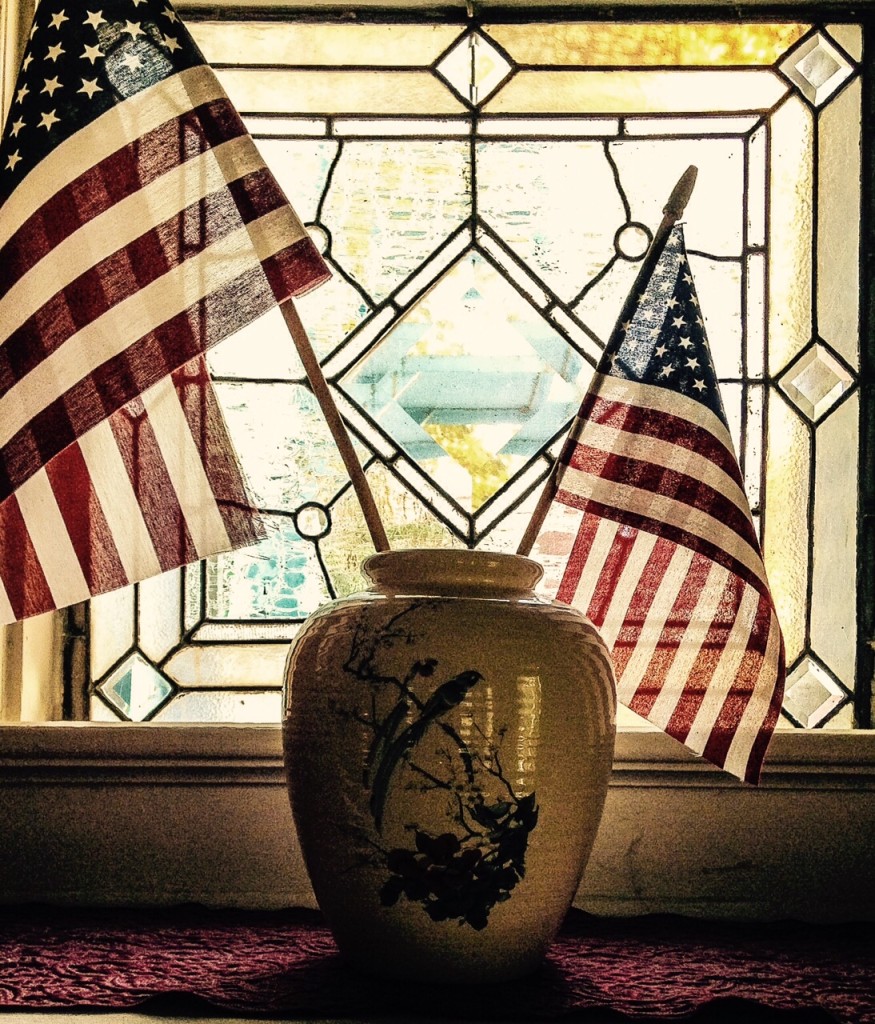Have you read the Declaration of Independence lately? For most of us, I imagine, it’s been awhile, perhaps not for many years. It’s a heady document, requiring concentrated re-reading and pondering.
Great freedom, such as what was declared in that document, comes with great responsibility. Failure to mind that responsibility can result in the privilege being lost.
I sometimes wish the Founding Fathers had borrowed a line from Hippocrates; “do good or do no harm”.¹ Imagine if the guiding principles so eloquently written on that historic parchment said something like this…
We hold these truths to be self-evident, that all men are created equal, that they are endowed by their Creator with certain unalienable Rights, that among these are Life, Liberty and the pursuit of Happiness; [therefore] do good or do no harm.
We have the right to life (when life begins is a discussion for another day); do not take another’s life. Do good or do no harm.
We have the right to liberty; that liberty does not extend to taking or harming another’s life or properties thereof. Do good or do no harm.
We have the right to pursue happiness (no guarantees!); that happiness cannot be at the expense of another’s life, wellbeing or properties thereof. Do good or do no harm.
I know this is a most simplistic view of a very complex subject. But, in reading the list of oppressions named in the Declaration, it seems to me that we have indeed become our own worst enemy. We, the collective we across this great country, seem to have forgotten the responsibility of freedom.
Imagine what might be possible if we declared independence from greed, hatred and envy and, instead, pledged allegiance to kindness, compassion and generosity?
Be mindful of the responsibilty of freedom. Do good or, at least, do no harm.
Happy birthday, USA!

Photo taken at the Summer Cottage Inn, Cape May, NJ in September, 2014
.
¹ Hippocratic Corpus, a collection of writings attributed to Hippocrates, in Epidemics: “The physician must … have two special objects in view with regard to disease, namely, to do good or to do no harm” (book I, sect. 11, trans. Adams from the Greek.

